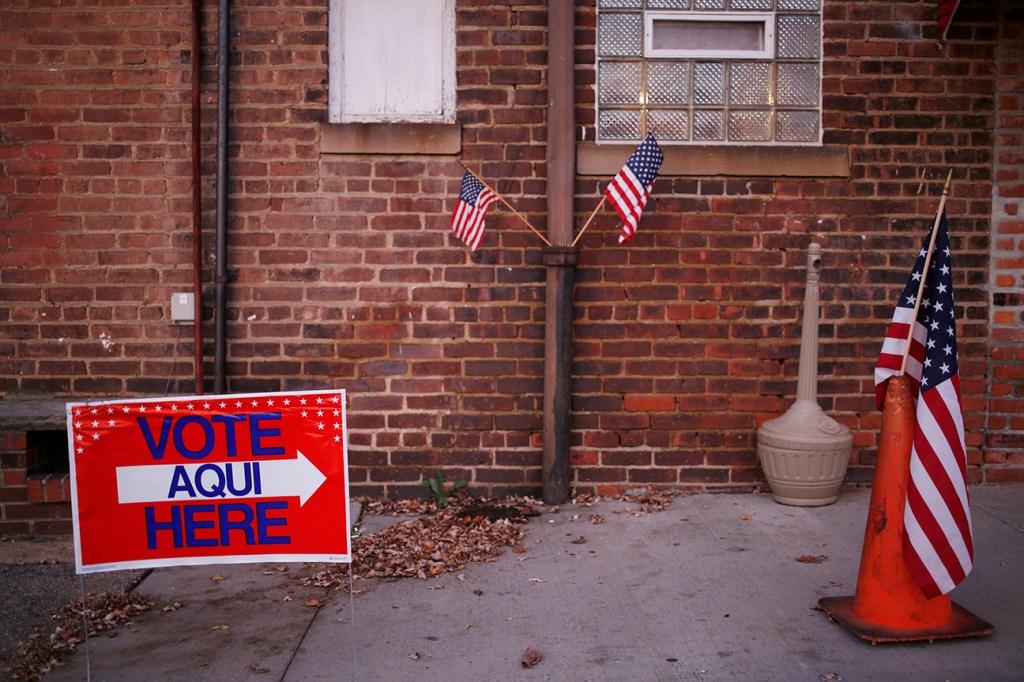
In May, Governor Andrew Cuomo restored voting rights to over 24,000 New Yorkers currently on parole, the result of an April executive order. Under the governor’s order, once a person is released from prison and rejoins the community, they are eligible for a conditional pardon—which restores their voice and vote in our democracy. This is an important step forward for criminal justice reform, for voting rights, for racial justice, and for personal empowerment.
New York elections law has denied the right to vote to anyone convicted of a felony while that person is in prison or on parole. People who are sentenced to probation, or who are convicted of misdemeanors, do not lose the right to vote in New York. This bifurcated system has caused widespread confusion among election officials, parole officers, and individuals trying to navigate their reentry into the community. It likely results in the mistaken disenfranchisement of hundreds of thousands of people who were actually eligible to vote. Governor Cuomo’s order simplifies and level-sets the law, which applies to any citizen who is out of prison and living in the community.
Repairing a history of injustice
The executive order is also an important step towards recognizing and righting the racist roots and continuing disproportionate impact of New York’s law on communities of color. In the late 1800s, as part of the Jim Crow backlash against the thirteenth, fourteenth, and fifteenth amendments, many southern states imposed a variety of voting restrictions, including criminal disenfranchisement laws, that were intended to suppress the political power of African Americans. Less commonly known is that the history of New York’s election laws follows a similar narrative.
New York’s criminal disenfranchisement laws, like those deployed in the South, were part of a concerted effort to exclude African Americans from participating in the political process. A study of New York’s constitutional history reveals that when the fourteenth and fifteenth amendments compelled New York to remove property requirements that it had imposed exclusively on African American voters, the state imposed mandatory criminal disenfranchisement laws. (Lawmaker rhetoric as this change went into effect leaves no doubt about its true intent.) Today, New York’s law is nearly identical to the provision enacted 150 years ago, and its intended impact continues: Nearly 75 percent of those disenfranchised under New York’s current law are black and Latino.
Dismantling disenfranchisement
The executive order is just the latest in a broad national trend recognizing that past mistakes should not result in decades of disempowerment, and a growing understanding of the numerous and devastating ways that mass incarceration suppresses and depresses communities. Since 1997, 25 states have eased criminal disenfranchisement restrictions. And governors have played an important role when legislatures refuse to act. Before Governor Cuomo’s recent action, governors in Iowa, Kentucky, and Virginia issued executive orders restoring voting rights to people with felony convictions.
And those who are or have been disenfranchised by these laws are increasingly leading the efforts to change them, using their personal stories to explain that the right to vote is an important part of personal empowerment. These leaders put their lived experience of disenfranchisement—an awareness that they existed in a world parallel to society, where the rights and privileges of that society are denied—at the center of the modern voting rights movement. When people are empowered by education and reconnected with their community, the vote becomes the instrument to dismantle disenfranchisement.
Restoring voices, restoring votes
There is still much work to be done. Even with recent reforms, more than six million Americans remain disenfranchised as the result of a conviction in their past. African Americans are disenfranchised at four times the rate of whites; under current incarceration rates, one in three African-American men will lose the right to vote at some point in their life.
The Ford Foundation is exploring ways to bring together our grantees working to end mass incarceration with those working to increase civic participation, to help build a stronger, more integrated movement. We are working to amplify the voices of formerly incarcerated leaders, and to use those voices to restore the vote. At a time when basic norms of our democracy are being questioned and trust in government is at an all-time low, it is important to remember that the right to vote is about having a voice and taking a stand. Today, those who have for decades been alienated by our society are working to make democracy the inalienable experience of all Americans.
